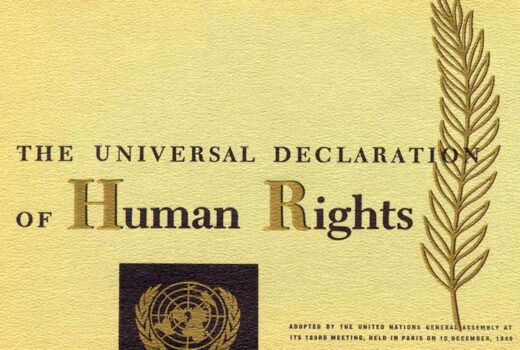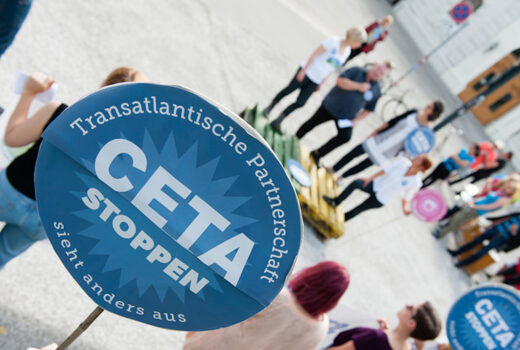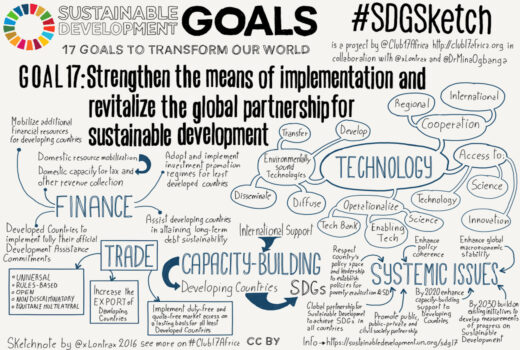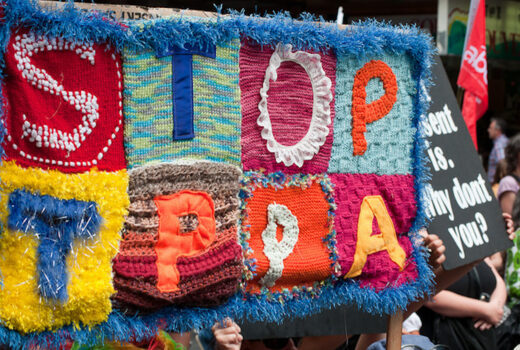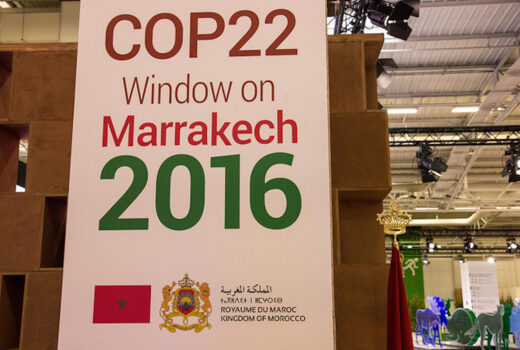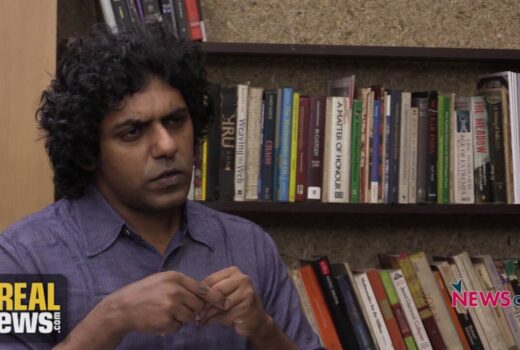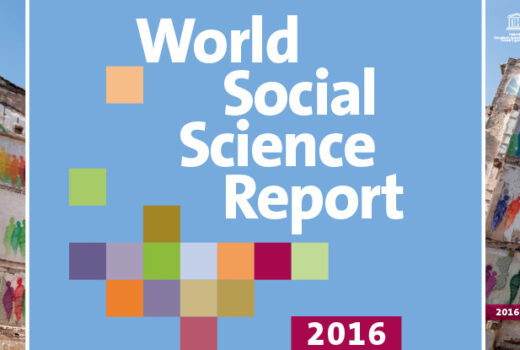Topic: Global governance
On the Universal Declaration of Human Rights
Article / 13th December 2016The 1948 Universal Declaration of Human Rights retains its vigour six decades after its adoption. Yet, in this first decade of the twenty-first century, there still remains a long way to go in order to achieve the plenitude of the international protection of human rights. And there is great need to conceive new forms of protection of human beings, writes Antônio Augusto Cançado Trindade.
Over 450 European and Canadian civil society groups urge legislators to reject CETA
News / 5th December 2016Over 450 public interest groups from across Europe and Canada have urged legislators to vote against the Comprehensive Economic and Trade Agreement (CETA).
The elephant in the room: What Trump, Clinton, and even Stein are missing
Article / 30th November 2016Though it is a defining issue of our time, politicians who depend on corporate money and media dare not mention the growing power imbalance between corporations and governments and its sweeping implications, writes David Korten in YES! Magazine.
Blind spots in Agenda 2030: What happened to improving global social governance?
Blog / 24th November 2016Many of the aspirations contained within the UN's Sustainable Development Goals are to be supported, despite their reliance on too much economic growth. But on the question of how to create a new socially just, redistributive and regulatory global economic and social policy, Agenda 2030 falls down, explains Bob Deacon.
Human rights must be Integrated Into international investment agreements
Article / 21st November 2016In the following statement from human rights and other civil society organisations, governments are urged to place human rights at the core of international investment and trade agreements - and therefore reject any proposed agreements that do not meet this essential requirement.
Towards energy democracy
Blog / 15th November 2016How are people across the world taking back power over the energy sector, kicking-back against the rule of the market and reimagining how energy might be produced, distributed and used? How can the concept of energy democracy be deployed to demand a socially just energy system, with universal access, fair prices and secure, unionised and well-paid jobs? This short video summarises the discussions and outcomes from an international workshop on energy democracy held in Amsterdam in February 2016.
Cooperation key to solving climate crisis
Report / 15th November 2016A new report from a diverse coalition of civil society organisations reveals what governments must do immediately to achieve goals of Paris Agreement, based on a 'fair-shares' analysis of 2020 pledges and support.
Flawed global rules in agriculture: Need for a new approach
Blog / 8th November 2016Sophia Murphy, from the Institute for Agriculture and Trade Policy (IATP) speaks with The Real News on how for the past 20 years, the World Trade Organisation rules have failed to address basic inequities in world agriculture. What is urgently required is a new framework for global agriculture that embraces principles of agro-ecology, remunerative prices, sustainable livelihoods and ecological sustainability.
Unchecked inequalities could threaten UN’s Sustainable Development Goals, according to social science report
Report / 7th November 2016The coexistence of deep and persistent inequalities as well as increasing prosperity is a paradox of our time, a paradox that calls into question global development and processes of modernization in today’s world. The latest World Social Science Report for 2016 includes a compendium of knowledge from relevant experts on this immense challenge of the 21st century, with a concluding section on transformative pathways to a just world.
Despite Paris climate pledge, planet on track to surpass 3°C temperature rise
Blog / 5th November 2016After 24 years of negotiations we are hurtling towards a 3.5 degree world, which will be catastrophic for millions. By Nika Knight, Common Dreams.
